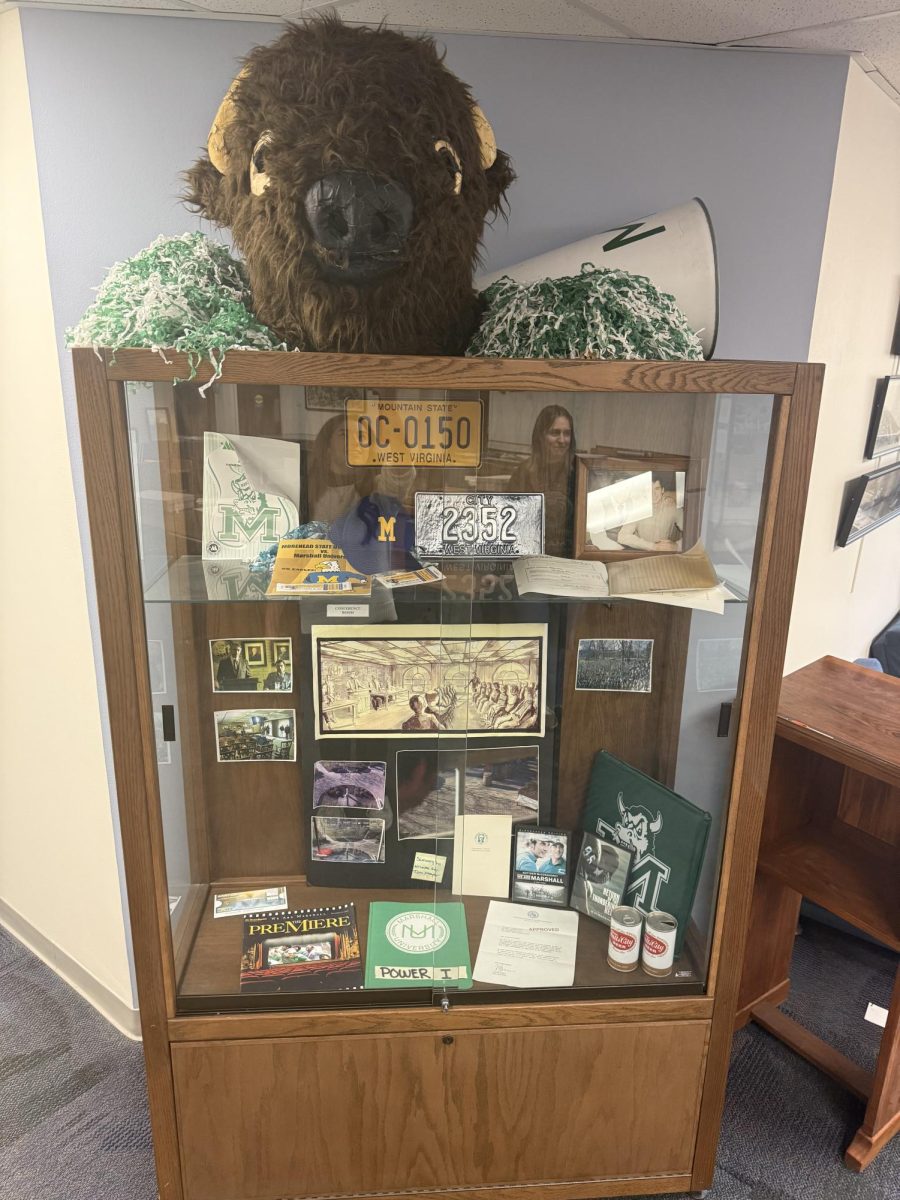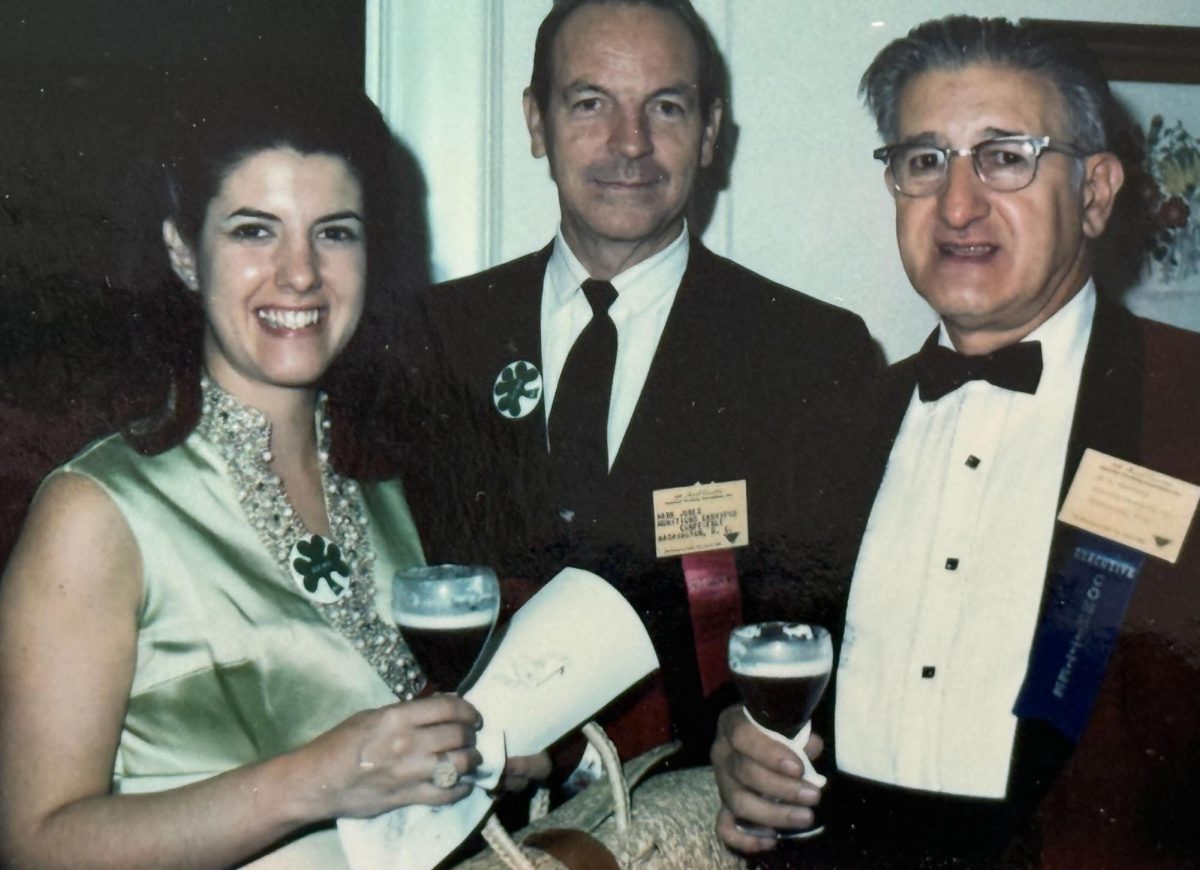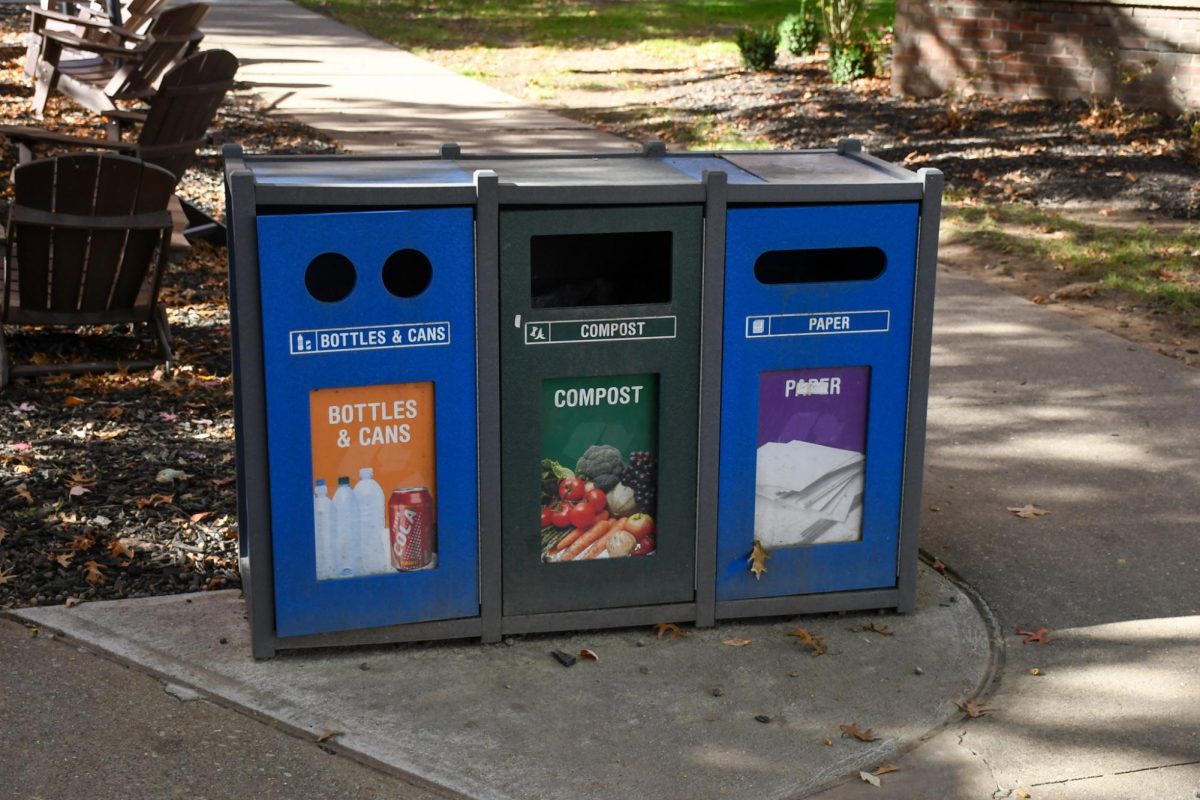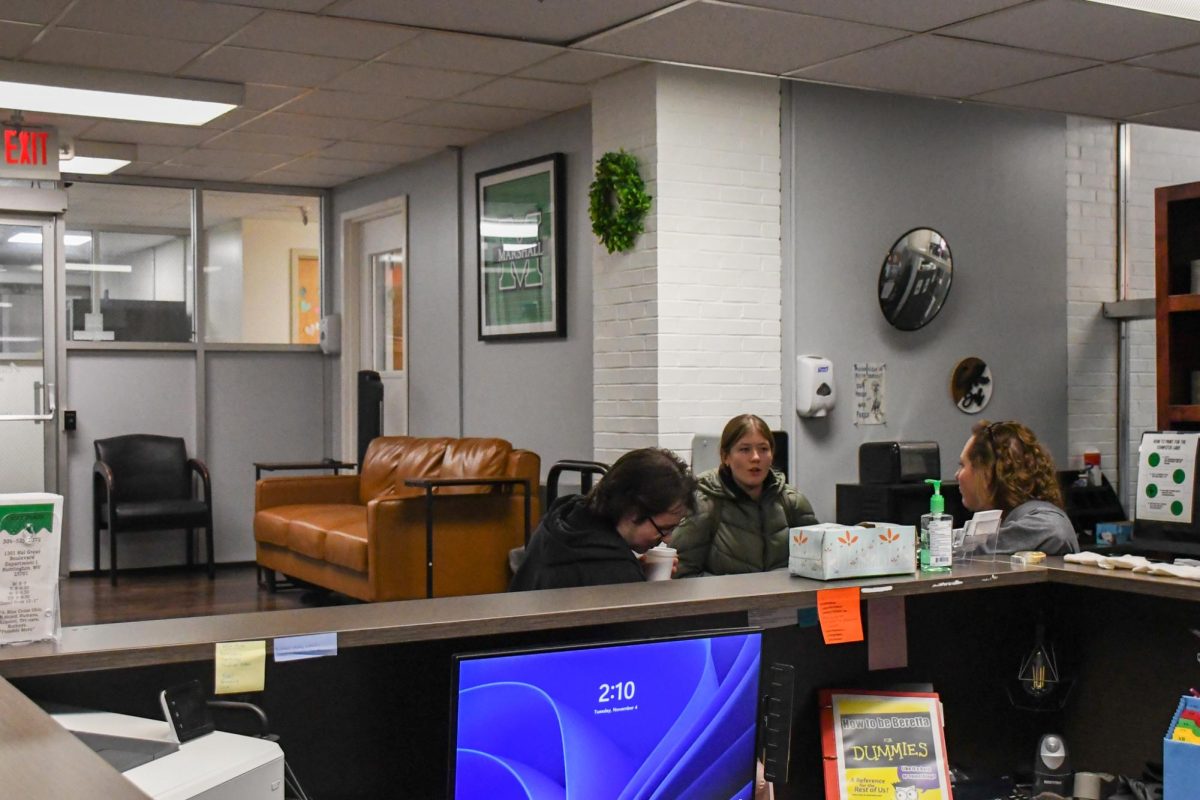The meaning behind the common phrase “the storms of life” is often used to encourage friends and family through a challenging time or to describe arduous obstacles.
However, this phrase took on a whole new meaning after two devastating hurricanes recently made their presence known to the southern United States.
Category 4 Hurricane Helene left lasting damage on the livelihoods of many southerners in its path. Helene made landfall in Florida on Thursday, Sept. 26, and made its path all throughout the Appalachian regions of Eastern Tennessee and Western North Carolina.
Kevin Barksdale, history professor at Marshall, focuses on Appalachian history and culture in his courses. He said the region many call home will likely never be the same again.
“There are some communities that are not gonna come back,” Barksdale said. “I think it’s going to be very difficult to put it back together the way it was; it’s never gonna be back the way it was. I don’t want to diminish the resilience of Appalachian people or the story of triumph for Appalachian people sort-of overcoming challenges, but this is not a localized deal.”
“This didn’t just happen in one county or one community,” he went on to say. “There’s not a place in Western North Carolina and East Tennessee or North Georgia that hasn’t been touched.”
Disaster doubled as Hurricane Milton hit two weeks after Helene. The once monstrous storm downsized to a Category 3 as it made landfall on Wednesday, Oct. 9. Milton placed its target on Florida, Georgia and South Carolina.
As victims begin to rebuild their lives, many relief groups are still out on the storms’ scene, trying to get those affected back on their feet. The American Red Cross of the Central Appalachia Region is among these organizations.
Erica Mani, the chief executive officer of the American Red Cross Central Appalachia Region, said no clean-up effort will reap success without the collaboration of others.
“It will take full community organizations and what we term ‘long-term recovery groups’ where we try to pull everyone in – including the Red Cross – and others because no one organization can do this alone,” she said.
Mani also said although the Central Appalachia branch is located in Charleston, West Virginia, lending a hand sees no boundaries.
“We, here, at our Red Cross locally, not only respond to the needs right here, but we train and send volunteers and staff to those large, hard hit areas too,” she said. “After these types of disasters, not only is that immediate, emergency need so important, but also, there is long-term recovery.”
The official hurricane season lasts until November, meaning that more storms could be headed for the United States. For now, disaster-struck communities are lifting each other up and triumphing through a tragedy.
Sarah Davis can be contacted at davis1355@marshall.edu.



















